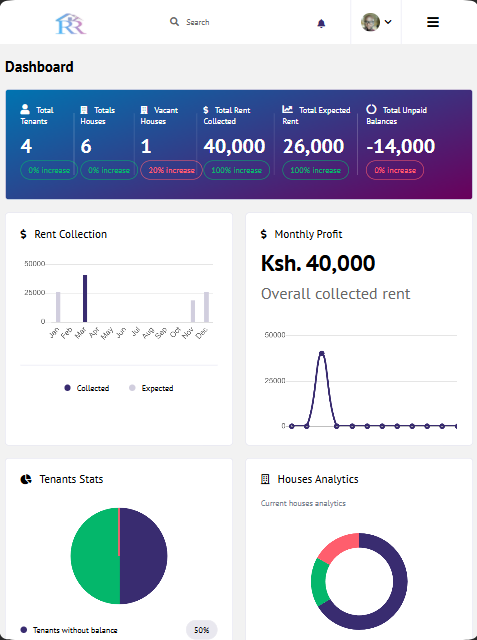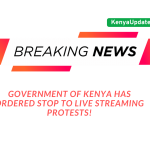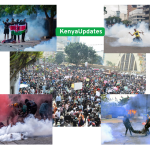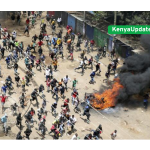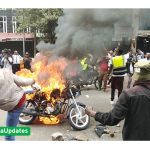The Kenyan government has issued a stern directive instructing all television and radio stations to immediately stop live broadcasting of the ongoing nationwide protests, igniting a fierce debate over press freedom and the public's right to information. The order, delivered by the Communications Authority of Kenya (CAK) on Wednesday, June 25, 2025, comes as thousands of "Gen Z" youth take to the streets to commemorate the first anniversary of the deadly 2024 anti-Finance Bill protests.
The CAK's directive, signed by Director General David Mugonyi, warns media houses against broadcasting the June 25 protests in real-time. It references Article 33(2) and Article 34(1) of the Constitution, along with Section 46I of the Kenya Information and Communications Act, 1998, as the basis for the order. "This is therefore to direct all television and radio stations to stop any live coverage of the demonstrations forthwith. Failure to abide by this directive will result in regulatory action," the statement read.
This move has been met with immediate concern and condemnation from journalists, civil society organizations, and opposition figures. Critics argue that the directive is a clear attempt at censorship, designed to control the narrative surrounding the protests and limit public awareness of the government's response, particularly in light of recent allegations of police brutality and the presence of "goons" during demonstrations.
Human rights groups and media freedom advocates have long raised alarms about a shrinking civic space in Kenya, citing previous instances of government pressure on media outlets, threats to journalists, and attempts to control online activism. A new research briefing released today by the global civil society alliance CIVICUS, titled "Police bullets, digital chains: State-sanctioned brutality in Kenya's peaceful youth-led uprising," documents a year of unprecedented restrictions on civic freedoms.
The timing of this order is particularly sensitive. Today's protests are a solemn remembrance of the events of June 25, 2024, when demonstrations against the Finance Bill 2024 escalated, leading to numerous fatalities and injuries after security forces violently cracked down on protesters. The current protests are also driven by demands for justice for blogger Albert Ojwang, who died in police custody earlier this month, and mounting public anger over alleged police collusion with "goons" during recent demonstrations.
Media houses are now faced with a difficult choice: comply with the government's directive and risk accusations of self-censorship, or defy the order and face potential punitive regulatory action, including the revocation of broadcast licenses. The situation underscores the fragile state of media freedom in Kenya amidst a volatile political climate and ongoing widespread public discontent.

